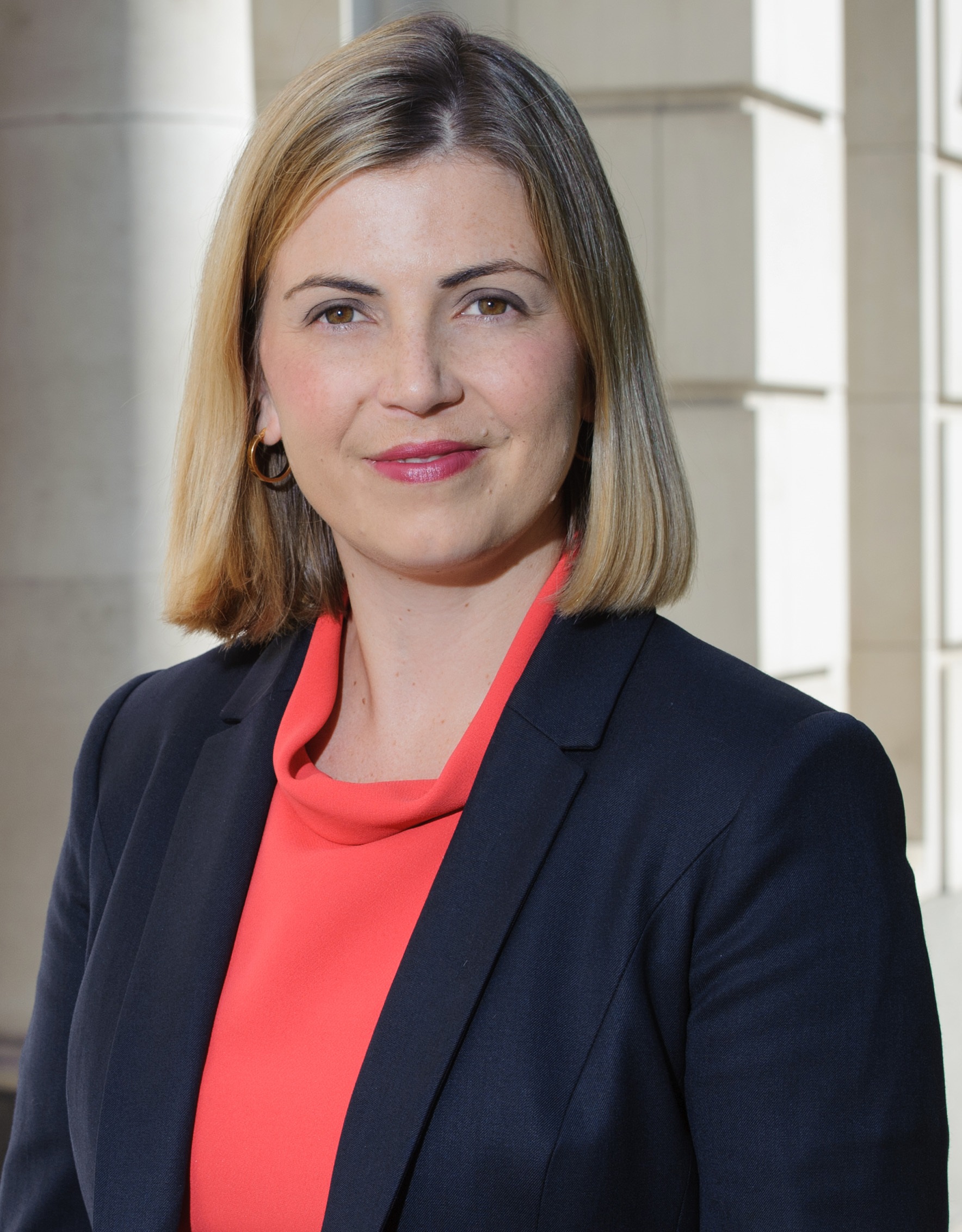Editor's Pick
A-level results: what next for your finances?

A-level results are out – but once the excitement has died down and the frayed nerves have been soothed, what’s next?
Adulthood beckons and with it financial responsibility, and you will need to start thinking about things like student loans and getting your personal finances in order. The Bank of Mum and Dad may still be there to call on, but from here on out you will need to take greater responsibility for your own finances and budgeting.
Here are four key planning points that could make a big difference to your money matters:
- Goodbye JISA, hello ISA
If you’re lucky, your parents may have been saving into a Junior ISA for you. But once you turn 18, all savings held within the Junior ISA will become fully available to you to do with as you wish. This means you could take the money to help cover your university fees or you could use it to fund a gap year. Alternatively, you could carry on investing, but this will have to be within an adult ISA wrapper.
Once your JISA becomes an adult ISA, your ISA provider will no longer be able to accept payments from third parties – so your savings will now be firmly in your hands. As your parents will say, “Be responsible.”
- Putting some savings aside
You have resisted the urge to spend your JISA savings on a gap year or new motorcycle – but now you’re faced with the daunting question of how to invest. If you’ve just left school, you probably won’t have a lot of spare cash lying around to invest. Don’t fret – you can invest as little as £50 a month into an ISA and over time you will reap the long term benefits thanks to the magical power of compounding.
Struggling to find the spare cash? Sacrificing a small but regular expense such as your daily shop bought coffee can help you stump up the extra savings.
It might seem like a very long way off – but you should also be thinking about putting something away towards your retirement. If your parents have been saving into a Junior SIPP account, this will automatically become an adult SIPP and transfer into your name after your 18th birthday, and you can start making your own contributions. You can’t get hold of the money in your SIPP until you reach retirement age – currently 55 – but this can help enforce a good savings discipline and ensure some money is locked away for your golden years.
- Investing your ISA
If you have a relatively small amount to invest your primary goal will be to grow and preserve these savings. Fortunately you have one big advantage on your side: time. With a long time horizon ahead of you to invest and grow your ISA, you can afford to take a bit more risk with your investments.
Also remember, if you start with a small amount of capital and plan to invest over the long term, investment charges add up. Tracker funds, where the costs of investing tend to be lower, can be a good way of keeping costs in check.
The other important thing is to ensure your ISA or SIPP is properly diversified. Most funds require an initial investment of £500 or £1,000 and you may not have enough savings to adequately spread your risk across a number of funds. A multi-asset fund which invests in a spread of assets is one way of ensuring your ISA is adequately diversified.
- Dreaming about your own home?
You may be looking forward to escaping the family home and getting a place of your own. The bad news is this will be more challenging than you think. According to the Institute for Fiscal Studies, just over one quarter of adults aged 22 to 30 today live with their parents.
With a sky-rocketing property market, getting a foot on the property ladder has become increasingly difficult. In fact the homeownership rate for 25 year-olds has halved in 20 years: 21 per cent of those born in the mid-1980s owned a home at this age, compared with 34 per cent born in the mid-1970s and 45 per cent of those born in the mid-1960s.
One of the best ways to save for a property is via an ISA – your savings can grow in a tax efficient wrapper – and crucially, they can be accessed whenever you need them – for example to (eventually) put down your first deposit on a property.
However, as with all investments, it is necessary to take into account rising costs, and make sure your investment keeps track of inflation. Over the past 18 years house prices have risen a staggering 194 per cent, according to the Halifax House Price Index. With interest rates languishing at historically lows, the returns on a cash ISA will struggle to keep abreast of prices rises over the long term. A stocks and shares ISA may be a more risky option as your savings will be exposed to the vagaries of the stock market, but over the long term your returns are far more likely to keep abreast of inflation.
[article_related_posts]